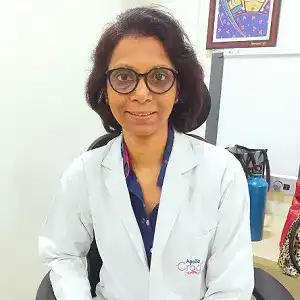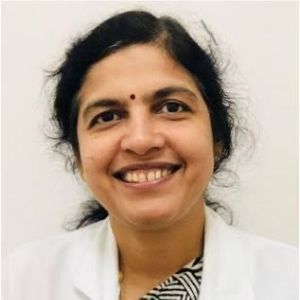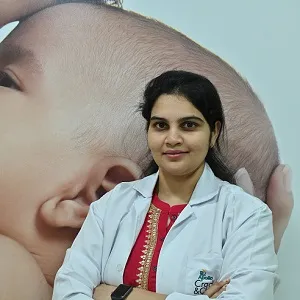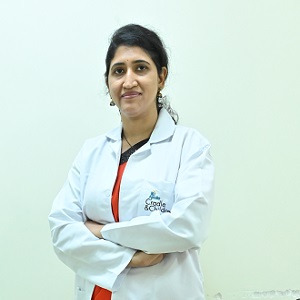What is a Colposcopy?
Colposcopy is a medical procedure in which a long, flexible tube with a camera and a light at the end (called a colonoscope) is inserted into the rectum and passed through the large intestine (colon). The camera on the colonoscope allows the doctor to examine the lining of the colon and detect abnormalities like polyps or tumours. During the procedure, the doctor may also take tissue samples (biopsies) or remove the polyps found for further examination or treatment. Colposcopy is often used to check for bowel cancer or other diseases of the digestive system. The procedure is usually done under sedation and usually takes about 30 minutes to an hour.
Is a Colposcopy something I need?
You need a Colposcopy if you are at moderate or high risk for colorectal cancer or if you have symptoms such as rectal bleeding, abdominal pain, or changes in bowel habits. The procedure can detect early signs of bowel cancer and other gastrointestinal diseases, allowing for quick treatment and better outcomes. Talk to your doctor to see if a Colposcopy is right for you.
How should a Colposcopy patient prepare?
Here are some general steps to prepare for a Colposcopy:
- Follow your doctor's instructions: Your doctor will give you specific instructions on how to prepare for your Colposcopy. This includes what foods and liquids you should avoid, what medications you should stop taking, and when you should start and stop fasting.
- Empty your bowels: You will need to take a laxative to empty your bowels before the examination. You may need to drink a special solution or take tablets to do this. You may also be asked to do an enema to cleanse your bowels.
- Stay hydrated: It is important that you drink plenty of clear fluids in the days before your Colposcopy and also during the bowel preparation to avoid dehydration.
- Provide transportation: During the procedure, you will be given sedatives, which may impair your judgement and reflexes. Therefore, you must arrange for someone to drive you home after the examination.
- Wear comfortable clothes: You will be asked to put on a hospital gown for the procedure, but you should wear loose, comfortable clothes to and from the hospital or clinic.
You must carefully follow your doctor's instructions to make sure that the procedure goes well and that your colon is cleaned well.
How does a Colposcopy work?
During a Colposcopy, a flexible tube with a camera at the end is inserted into the rectum and passed through the large intestine. The camera sends images to a monitor so the doctor can examine the colon for signs of cancer, polyps, inflammation or other abnormalities. If problems are found, the doctor can take a biopsy or remove polyps during the procedure. You will be given sedatives to help you relax during the procedure, which usually takes about 30 minutes to an hour.
What can be expected after a Colposcopy?
After a Colposcopy, you may feel groggy from the sedatives and should have someone else drive you home. You may experience cramping, bloating, or gas, but these symptoms usually subside within a few hours. You should be able to resume your normal activities and diet the next day. Your doctor will discuss all the results of the procedure and aftercare with you.
Conclusion
In conclusion, a Colposcopy is an important screening procedure for colorectal cancer and other gastrointestinal diseases. Even though getting ready can be hard, the procedure itself is usually well tolerated and has a low risk of problems. If you have concerns or questions about Colposcopy, talk to your doctor to see if it is right for you.
Request an appointment at Apollo Cradle, Hyderabad - Jubilee Hills. Call 1860-500-4424 to book an appointment.
Most people do not feel pain during a colposcopy as they are given sedatives to relax them. However, you may feel some discomfort or cramping during the procedure.
Complications of a colposcopy are rare but can include bleeding, infection, and perforation of the colon.
You will be given sedatives to help you relax, so you may feel drowsy or even fall asleep during the procedure. However, you will still be able to breathe on your own and respond to the doctor's instructions.
You are usually allowed to eat and drink shortly after the procedure, once the sedation has worn off. However, you should avoid alcohol for the rest of the day.
Most people can resume normal activities, including work, the day after a colposcopy. However, you should avoid strenuous activity or heavy lifting for a day or two.

 93% Patient Satisfaction Score
93% Patient Satisfaction Score















